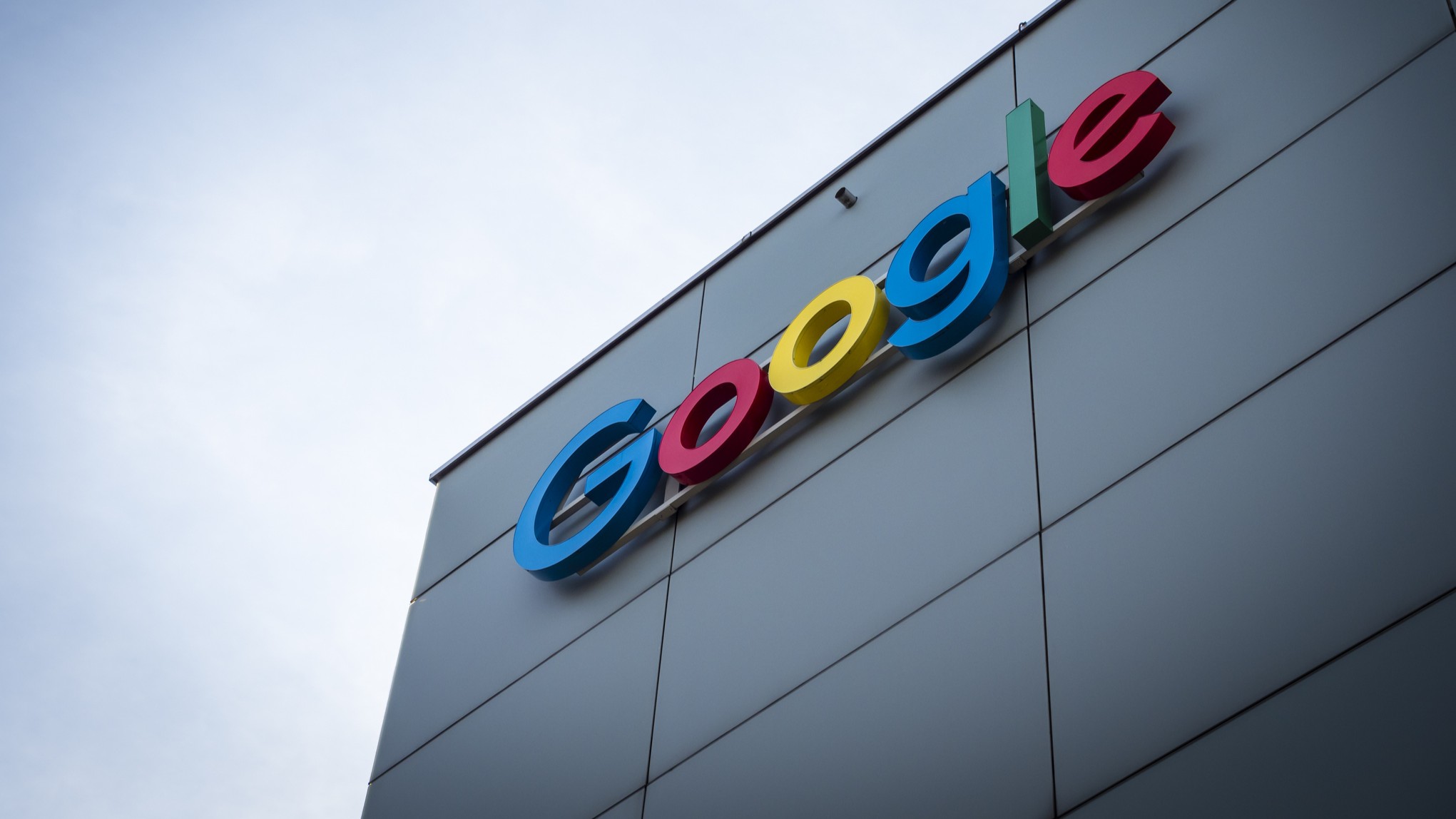What you need to know
- Google is currently on trial for allegedly leveraging its dominance to monopolize digital advertising.
- New evidence presented in court highlights the company’s aggressive strategy to “crush” competitors using anticompetitive business practices, making it a “nightmare” for publishers to switch platforms.
- Google insists it plays fair with rivals and even claims it faces fierce competition from companies like Microsoft and Amazon, which also offer an integrated suite of products for advertisers and publishers.
At the beginning of the week, the US Department of Justice (DOJ) kicked off its antitrust trial against Google, citing its anticompetitive business practices and unlawful behavior in the digital advertising landscape that has left competitors to compete on an uneven playing field. “Google has caused great harm to online publishers and advertisers and American consumers,” the DOJ added.
Google has seemingly held its stand on the matter indicating, “No one is forced to use our advertising technologies, they use them because they’re effective.” However, new evidence revealed by the prosecutors during the ongoing antitrust case suggests otherwise.
The new evidence alleges an executive instructed employees at Google that the company’s goal was to “crush” competitors in the advertising landscape (via Reuters). The finding aligns with the DOJ’s claim that Google is leveraging its dominance to monopolize digital advertising. “We’ll be able to crush the other networks, and that’s our goal,” indicated David Rosenblatt, Google’s former president of display advertising, while highlighting the company’s strategy in the category in 2008-2009.
Still, Google maintains its stand on the matter and categorically states that it’s challenged with fierce competition from rival advertising firms, including Microsoft, Meta, and Amazon. The tech giant further states that its rivals also offer an integrated suite of products for advertisers and publishers — and that it’s not a unique selling point specific to Google.
Rosenblatt departed from Google in 2009, a little over one year since he joined after the tech giant acquired his DoubleClick ad tech company. As part of the evidence shared with the court to assert Google’s dominance in digital advertising, the prosecutor presented notes shared by Rosenblatt to his colleagues highlighting the advantages of owning tech on both sides and the middle of the market.
According to the notes, Rosenblatt indicated, “We’re both Goldman and NYSE.” Presumably, the ad guru referred to Google’s dominance and presence in the landscape. For context, both Goldman and NYSE were, at one point, the world’s biggest stock exchanges and one of its biggest market makers, respectively.
The ad president further stated:
“Google has created what’s comparable to the NYSE or London Stock Exchange; in other words, we’ll do to display what Google did to search.”
Based on the premise that Google owned the publisher ad servers, it was well-positioned to leverage this opportunity to identify and book available ad slots. Rosenblatt also admitted it was a nightmare for publishers to switch platforms. “It takes an act of God to do it,” he concluded.
As this is an ongoing case, the plausible outcome is still impossible to determine since it’s still in the early phases. We’ll keep you posted on new developments.





